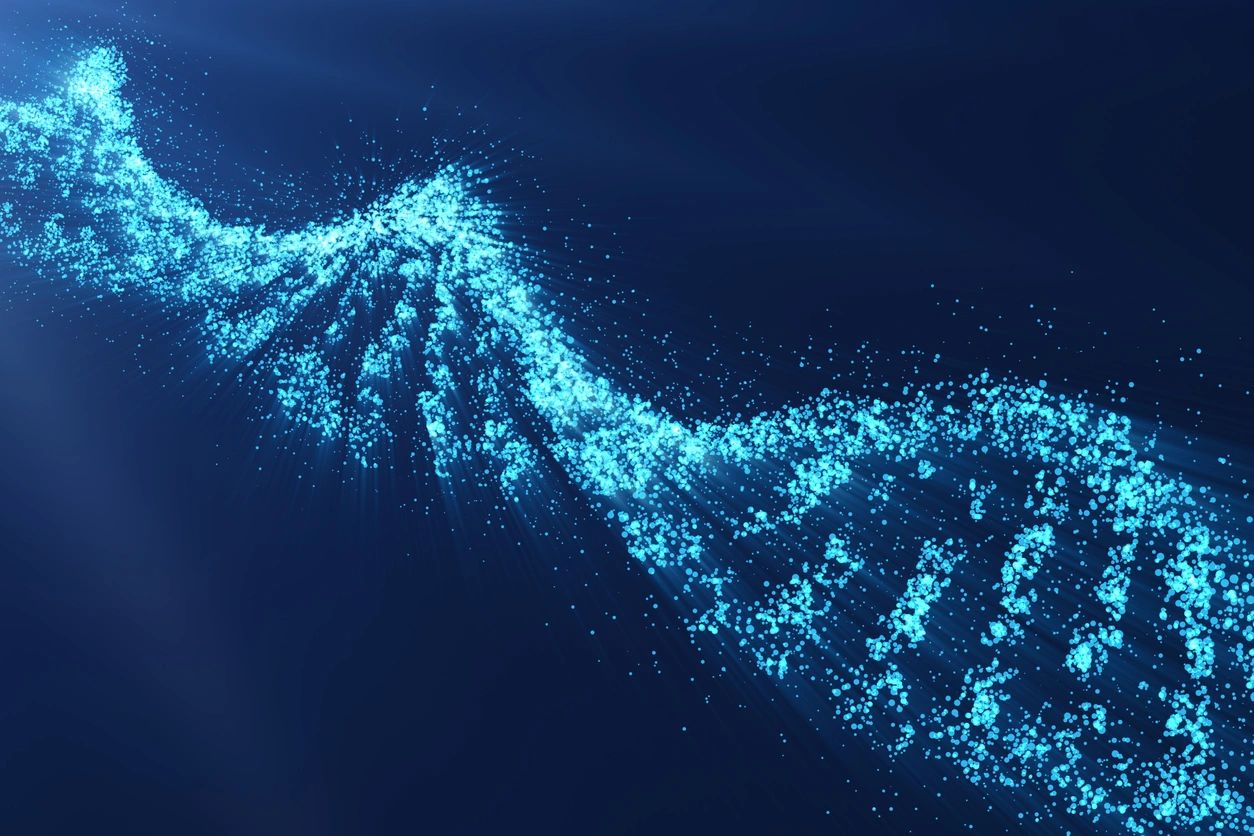CCR5 Is a Therapeutic Target for Recovery after Stroke and Traumatic Brain Injury. Cell, 2019
CCR5 Is a Therapeutic Target for Recovery after Stroke and Traumatic Brain Injury. Mary T. Joy; Einor Ben Assaya; Dalia Shabashov-Stone; Alcino J. Silva; Esther Shohami; S. Thomas Carmichael. Cell. VOLUME 176, ISSUE 5, P1143-1157.E13, FEBRUARY 21, 2019
https://doi.org/10.1016/j.cell.2019.01.044
Summary
We tested a newly described molecular memory system, CCR5 signaling, for its role in recovery after stroke and traumatic brain injury (TBI). CCR5 is uniquely expressed in cortical neurons after stroke. Post-stroke neuronal knockdown of CCR5 in pre-motor cortex leads to early recovery of motor control. Recovery is associated with preservation of dendritic spines, new patterns of cortical projections to contralateral pre-motor cortex, and upregulation of CREB and DLK signaling. Administration of a clinically utilized FDA-approved CCR5 antagonist, devised for HIV treatment, produces similar effects on motor recovery post stroke and cognitive decline post TBI. Finally, in a large clinical cohort of stroke patients, carriers for a naturally occurring loss-of-function mutation in CCR5 (CCR5-Δ32) exhibited greater recovery of neurological impairments and cognitive function. In summary, CCR5 is a translational target for neural repair in stroke and TBI and the first reported gene associated with enhanced recovery in human stroke.



